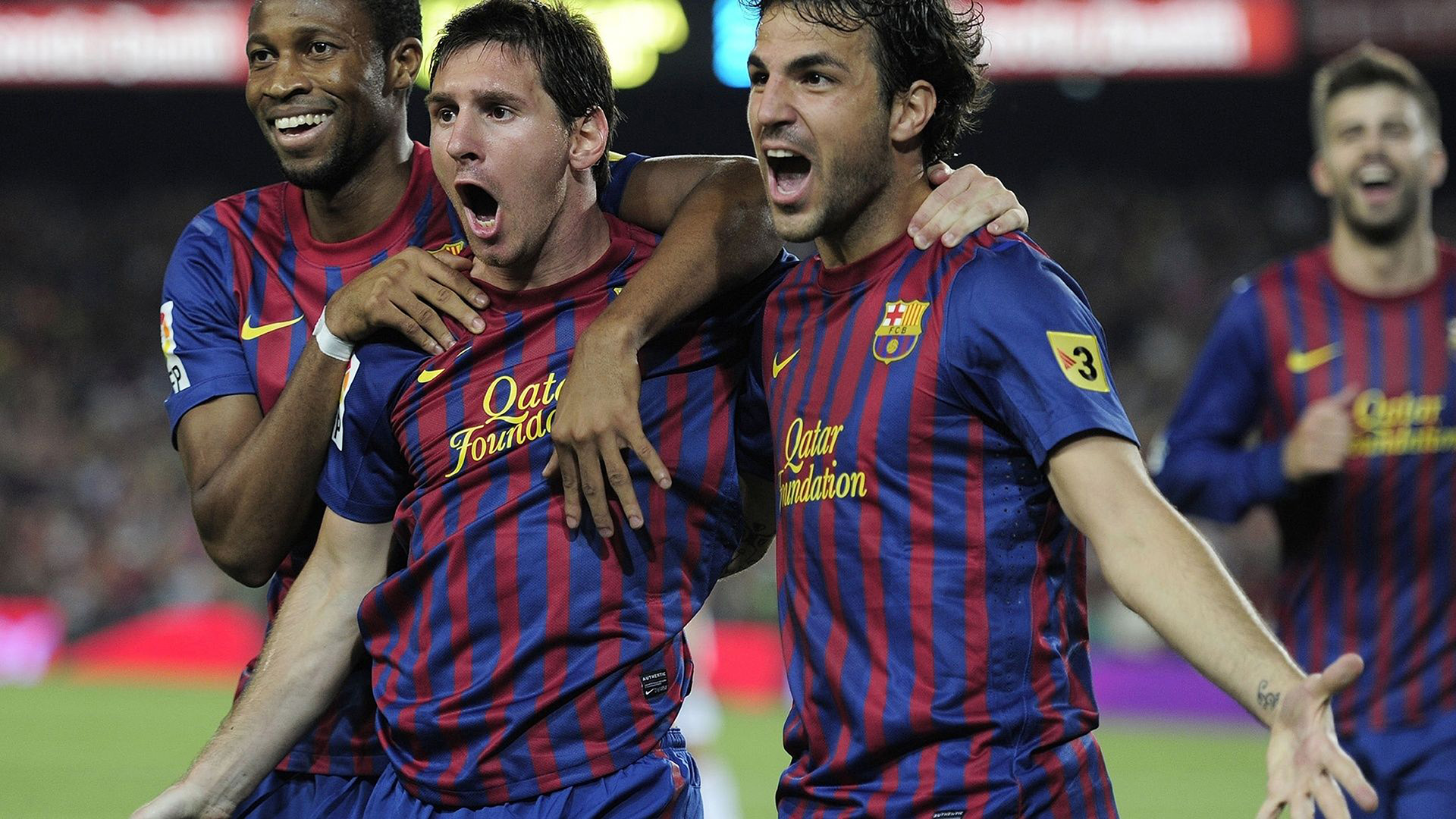Louis Strange
Staff Writer
They love a good strike in Barcelona. You might have thought that football was the Catalan national sport, but it comes second to industrial action. Barcelona is still regarded as the spiritual home of anarcho-syndicalism, indicative of a more general association with the political left going back to the Civil War, when this association led to the nickname ‘Red Barcelona’. Politics not only spill out onto the streets of this great city, but play out on the pitch as well.
As everyone knows, F.C. Barcelona is més que un club – more than a club. They never stop going on about it, and there’s a reason. Barcelona’s media strategy is specifically designed to position the club as both a worldwide brand and the embodiment of Catalan nationalism, an apparent paradox they have managed to overcome with remarkable success. From its inception, the club has had a fundamental role in shaping Catalan national identity: Camp Nou is where culers could safely go to speak Catalan and voice their opposition to the dictatorships of Primo de Rivera and Franco, intent on forcing their vision of a united Spain upon Catalonia. It is even rumoured that under Franco there was a secret government fund set aside for Real Madrid. In this light, the Barcelona-Madrid rivalry takes on new meaning: El Clásico is not just a football match, it is Catalonia against Spain, left against right. Not content with their stand against fascism, in the 21st century Barcelona have taken it upon themselves to sort out the Middle-East peace process. The ‘Peace Tour’ of the region this summer was an attempt to promote more than just peace; it was “conflict resolution, sponsored by F.C. Barcelona”. The club are perhaps the most self-conscious sporting entity on the planet, constantly looking in the mirror to check that they are still the ‘good guys’. Eschewing the typical footballing model – dictated by the powers of capitalism, which would seem to jar with the political atmosphere of ‘Red Barcelona’ – they had no sponsor until 2006, and even then it was the charity Unicef to first appear on the blaugrana shirts. And Barcelona paid them for the privilege. Butter wouldn’t melt.
“Even more damaging to Barcelona’s leftist credentials was the revelation last week that Qatar, have effectively been forcing migrant workers into modern-day slavery.”
Yet in recent weeks, the mask has threatened to slip. First came the Messi tax avoidance scandal: one of the world’s highest-paid stars brought to court by the Spanish authorities for “forgetting” to pay ¤4.1m in tax on revenue from image rights. His excuse? “My dad takes care of the cash.” Messi’s appearance at court felt more like a film premiere as he smiled to crowds of cheering fans, echoing the quasi-religious veneration he enjoys in the Camp Nou. God-like figures are ideologically problematic, and in a club with such close ties to a political ideology based on equality, Messi is apparently more equal than others. Although such a scandal makes headlines, in the context of a club with the highest average wage per player of any sports team in the world, it is merely a drop in the ocean.
Even more damaging to Barcelona’s leftist credentials was the revelation last week that Qatar, who have been Barcelona’s main sponsor since 2011, have effectively been forcing migrant workers into modern-day slavery in order to prepare for the joke that is the 2022 World Cup. Essentially, a club historically representing an industrial, working community is now being funded by the very same breed of overlord so despised by the unions, and against whom many Catalans would have fought in the Civil War. From which we can draw two conclusions. Firstly, that the Catalan giants are not quite the ‘Red Barcelona’ of old. Secondly, that their PR department have performed miracles in convincing us that a global brand such as Barcelona still represents the people. As George Orwell found during his experiences during the Civil War, politics in Barcelona often lead to disenchantment. But, as football clubs and politics go, you could be worse off. After all, you could support Real.






